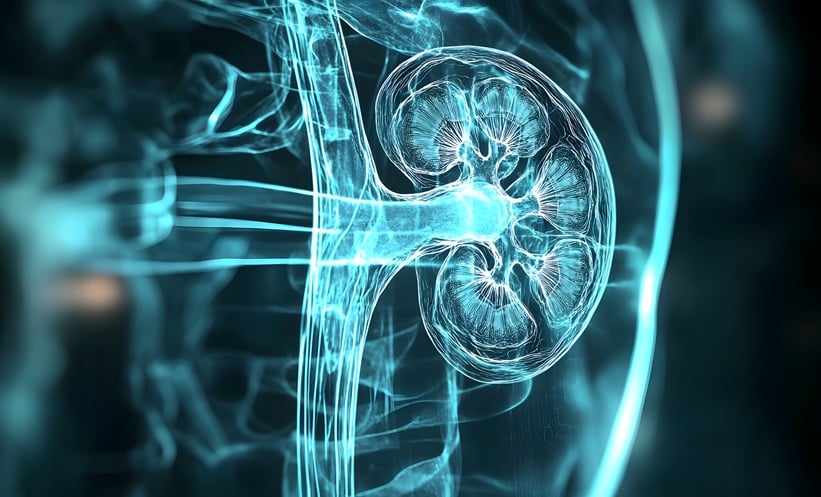IN A DISCOVERY that could reshape our understanding of Parkinson’s disease, scientists have identified the kidney as a surprising potential starting point for the neurodegenerative condition.
The study revealed that pathological α-synuclein, the hallmark protein behind Parkinson’s, can accumulate in the kidneys and then spread to the brain. This overturns the long-held belief that Parkinson’s always originates in the central nervous system.
Using both human samples and mouse models, researchers found α-synuclein deposits in the kidneys of patients with Lewy body diseases and individuals with end-stage renal disease (ESRD), even in the absence of neurological symptoms. In healthy conditions, the kidneys help clear α-synuclein from the blood. But when renal function fails, the protein accumulates and begins migrating toward the brain.
In mice, injecting α-synuclein fibrils into the kidney triggered brain pathology, an effect blocked by renal nerve removal. Mice genetically modified to lack α-synuclein in their blood cells showed reduced signs of Parkinson’s-like brain damage.
“This suggests that the kidney isn’t just collateral damage, it might be the source,” said lead author Zhentao Zhang. “Chronic kidney disease could raise the risk of Parkinson’s through impaired protein clearance and peripheral spread.”
The findings highlight a new disease pathway and may help explain why people with chronic renal failure are at increased risk of developing Parkinson’s. More importantly, they open new possibilities for prevention and early intervention, starting not in the brain, but in the body’s filtration system.
This study is a powerful reminder that neurodegenerative diseases may have roots beyond the brain. and tackling them might start from the ground up.
Reference
Yuan X et al. Propagation of pathologic α-synuclein from kidney to brain may contribute to Parkinson’s disease. Nat Neurosci. 2025;DOI 10.1038/s41593-024-01866-2.







